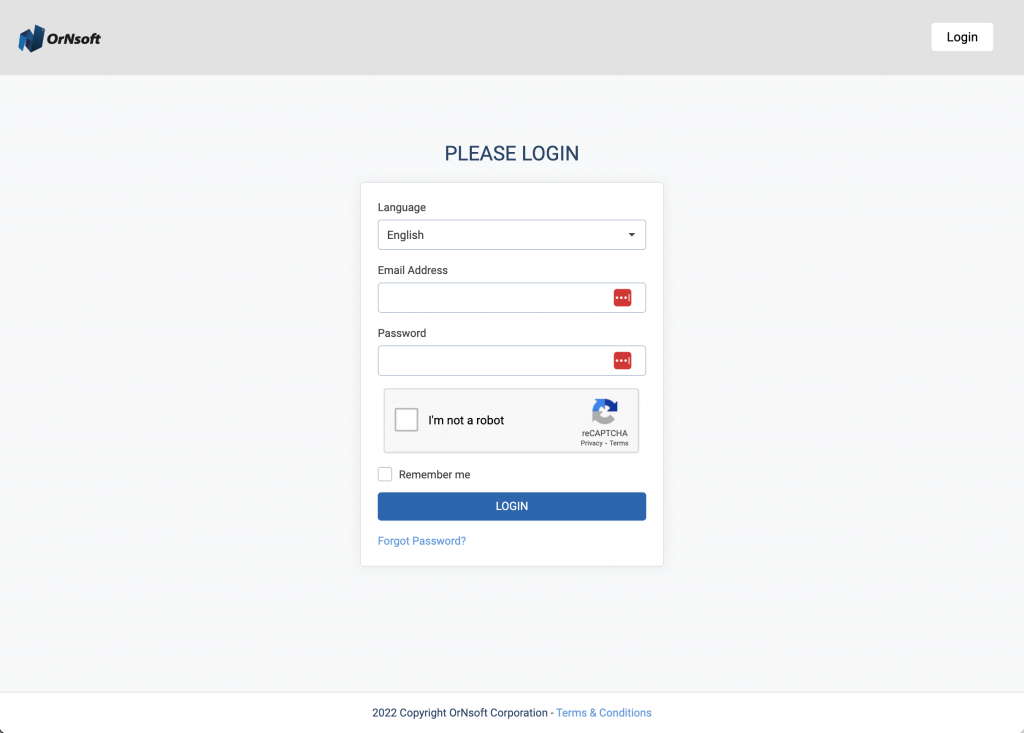Introduction
In today’s digital age, the protection of sensitive data has become a critical concern for individuals, businesses, and governments alike. This concern has led to the development of advanced security measures and encryption technologies. One such revolutionary technology is Secure Multi-party Computation (SMC). In this article, we delve into the concept of SMC, its evolution, importance, practical applications, and the role it plays in modern enterprises.
What Is Secure Multi-party Computation?
Secure Multi-party Computation (SMC) is a subfield of cryptography that enables multiple parties to jointly compute a function over their inputs while keeping those inputs private. In simpler terms, SMC allows several parties to collaborate on a computation without revealing their individual data to each other. This technology is crucial in an era where data privacy and security are of paramount importance.
History of Secure Multi-party Computation
The concept of SMC was first introduced in the 1980s by Shafi Goldwasser, Silvio Micali, and Charles Rackoff, who laid the foundation for modern cryptography. Over the years, the technology has evolved and improved significantly. From its initial theoretical conception, SMC has grown into a practical tool used in various industries, thanks to advancements in computation speed and the development of more efficient algorithms.
Importance of Secure Multi-party Computation
SMC is a critical technology in the current tech landscape, particularly in the era of big data and artificial intelligence. It enables secure data sharing and collaborative computations, which are essential in many sectors, including finance, healthcare, and research. SMC ensures data privacy, which fosters trust among parties and encourages more open collaboration.
Practical Applications
SMC has a wide range of practical applications. For instance, in finance, it can be used to calculate benchmarks without revealing individual bank’s data. In healthcare, SMC allows researchers to collaborate on medical studies without compromising patient privacy. In online voting systems, SMC can ensure that the voting process is fair and secure while maintaining voter anonymity.
The Role of Secure Multi-party Computation in Modern Enterprises
Modern enterprises deal with enormous amounts of data daily. The need to protect this data while leveraging it for business insights is where SMC comes in. SMC allows businesses to collaborate with others, share insights, and make data-driven decisions without compromising data privacy. This ability to securely compute and share data is transforming the way businesses operate, leading to more efficient and effective decision-making processes.
Case Study
One successful implementation of SMC is by a global financial institution that needed to compute risk metrics across multiple branches without revealing sensitive data. Using SMC, the institution was able to aggregate and analyze data from different branches securely, leading to more accurate risk assessments and improved decision-making.
Future Outlook
The future of Secure Multi-party Computation looks promising. As data privacy regulations become more stringent and the need for secure data sharing grows, the demand for SMC is expected to rise. Furthermore, advancements in technology will likely make SMC more efficient and accessible, opening up new possibilities for its application.
Conclusion
Secure Multi-party Computation is a powerful tool in our digital age, providing a solution to the challenge of balancing data utilization and privacy. Its ability to enable secure data computation and sharing is transforming various industries and holds great potential for the future. As we continue to generate and rely on data, the importance of technologies like SMC cannot be overstated.
Intrigued by the potential of AI for your business? Schedule a free consultation with us here.

